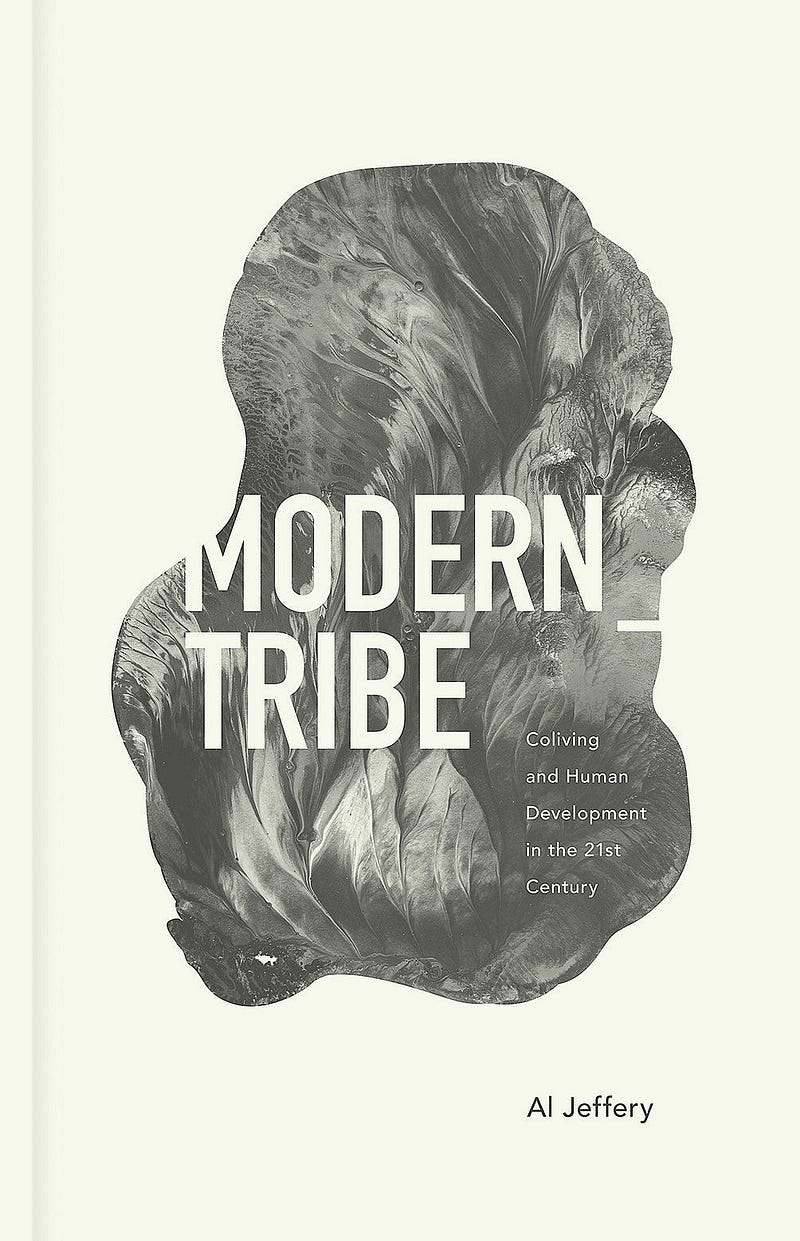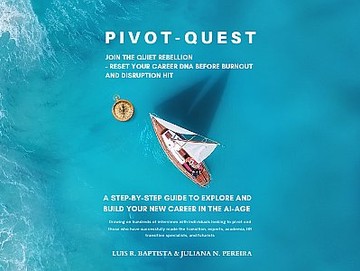
By Sophie Flores
Melbourne-based social entrepreneur Al Jeffery writes a book to paint a picture of a world suited for millennial values and culture.
A Millennial Representative
Anyone who became an adult in the digital age can say they have a mindset empowered by technology. We now value accessibility and experiences more than material possessions. We seek autonomy and collaboration in our work. In short, rather than striving for pre-conceived ideals, we are each obsessed with finding our individual purpose.
Al Jeffery is not only an embodiment of this generation, but an advocate for it. In his work he offers insights about the workplaces and lifestyles that work best for these 18- to 34-year-olds.
“As a millennial wanting to create change, you can come across as very naive,” Al said. “I’d say that’s the biggest challenge, is that we’re seen as an annoying generation, a problem. We’re always on our phone. We’re always doing something that we shouldn’t be doing, simply because we do things differently now.”
Al runs two businesses that work to create cultural change by empowering millennials. One is Base, a company that creates and curates coliving spaces. The other is Realise Flow, a facilitation company dedicated to bringing individuals and teams to their highest workflow capacity. Both include media outlets and events that have an optimistic message for an audience of “inspiration junkies” and the “young-at-mind.”
Besides running his businesses, his work involves coaching and facilitation with client organizations and inspiring people to embrace this new mindset through keynote speaking and organizing events. He has worked with companies like Apple and Google, spoken at TedEx and appeared in the 30 Under 30 list of Anthill Magazine in Australia.
“I’ve tried to give myself titles sometimes. I find them very constraining to my creativity. And I’m very clear on what it is that I want to create in terms of the less-tangible side of it — the values that I want to put out there, the culture, the feel of the space. What it shows up as, I’m open to.”
A Social Entrepreneur
Driven by curiosity, Al has dabbled in clothing, martial arts, yoga, music, media and technology and real estate. Before finding his current job of facilitating and creating experiences through businesses, he founded companies in several different fields. His “activist mindset” was apparent by the time he was 14 years old, when he created an online store platform that allowed users to sell items for charity.
As a teenager he started Dewalio Clothing, a “social” clothing brand whose aim was to sell ethically-made clothes that spread uplifting messages. Dewalio also hosted music events to help Melbourne’s homeless youth, collecting quality second-hand clothing to donate as the admission fee. Compelled by what he learned in the clothing business, he made his next project a child labor campaign. Later he founded Gettbusy, which offered small businesses services and resources that helped them assimilate into the digital world. Each business he founded had an underlying social purpose and a goal of social change, but each was also a personal development tool for Al.
“I realized very early on that in business and as an entrepreneur, you are your business: your beliefs around failure, your beliefs around rejection. If you’re not working on yourself, you’re really not working on your business. So, I got into personal development very early on.”
Al’s social and cultural work received global attention after he founded ONEWorld Summit, a two-day event to inspire young entrepreneurs, leaders and change-makers. It spread to seven major cities around the world the following year, including Boulder and San Francisco in the U.S. While Al was getting closer to the change he knew he wanted to create, he realized a two-day event wasn’t enough.
“We realized that it’s great to have a wonderful event, but then what? Where’s the actual sustainable change out of the wonderful experience, when people end up going back to workspaces, back to living spaces where the culture doesn’t actually cultivate their own creativity and expression of themselves? And that’s where Base came from.”
Coliving: Facilitating Connection
Coliving spaces, a recent trending in urban living, are residential buildings curated with like-minded people. They are meant to inspire those living in them to be active participants in their community while empowering them to be themselves. The custom-designed living space, Al said, will “ultimately will help you grow towards the professional future you want, the personal life you’d like to lead.”
In the emerging collaborist economy, the concept of coworking has been around for a while. The step further — shared living spaces — satisfies this generation’s need for affordability and desire to share things and experiences. They aim to foster empathy, emotional intelligence and a sense of belonging in their residents.
“We’re curating it based on people who are driven to grow. Most of [the residents] are people who want to use the space to create, to try new ideas, to be supported in their thinking. A place where they know their creativity is going to be heard and supported is very important. I’d say there’s a very equal balance between those who are attracted by the idea of like-minded people and those who actually use it for something productive like creating and as an incubator for ideas.”
Al says the idea of coliving is rather disruptive in the real estate industry, simply because it requires redesigning the models of the existing system.
Putting it to Paper
Al’s book, Modern Tribe, goes up for preorder in August and will be the culmination of everything he is trying to do with Base and Realise Flow. Al’s statement on how we can adapt to this “new world” will introduce the coliving concept from a personal development standpoint. It will focus on urban development, interlaced with all the insights about awareness and success and innovation that make him an in-demand public speaker.
Members of the collaborative generation can expect, first, a reality check: an in-depth look at how societies work today. They can then read to learn about exactly what coliving looks like and how it can create change and solutions. The next portion of the book will help readers figure out what they can bring to a collaborative community; it is focused on finding the individual purpose.
Al is taking time to make sure that the book is an authentic representation of his ideas and beliefs by taking a journaling approach.
“I’ve spent a lot of time just getting clear on what I want to naturally write, not what I think there’s a gap in the market for. Because then I’m always going to need to try to write my book.”
Just like in his early career in selling clothes, Al will make sure the product is ethically made so it can be aligned with himself and nature, one of his most trusted business models.
“I always say that nature has done something like three billion years of what business would call market research for us on how we should live together. I always like to go back to natural law: the nature of impermanence, the nature of accommodation, the nature of reciprocity. [In nature] we can really start to see systems that are not only sustainable but they’re adaptable, they’re regenerative.”


